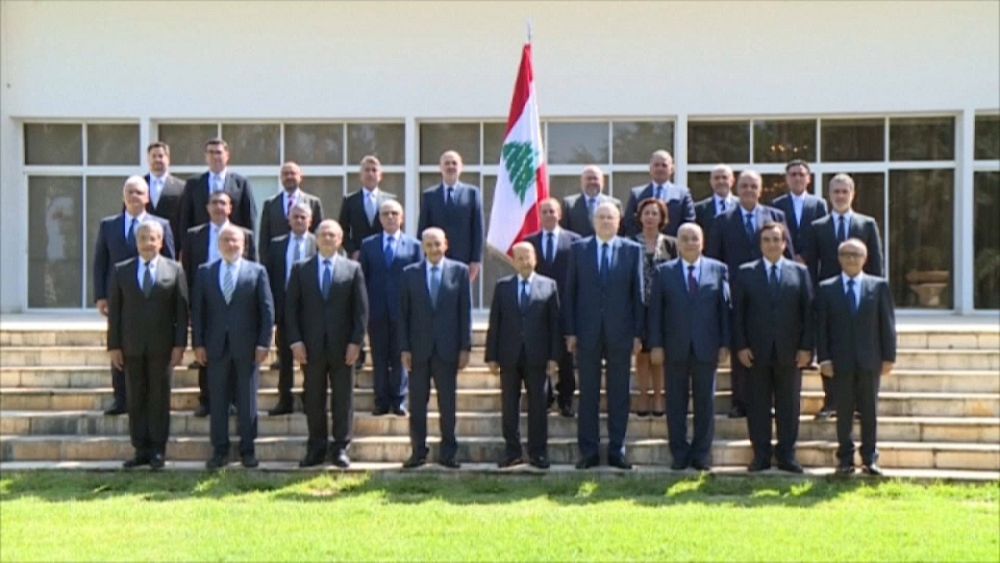
A majority of MEPs have backed imposing sanctions against the new government in Lebanon.
The ballot took place even before the government of Prime Minister Najib Mikati was approved by a confidence vote by the parliament in Beirut.
The devastating explosion at the port of Beirut last year has changed the political landscape in Lebanon.
Accusations of corruption and lack of transparency were levelled at the government of Prime Minister Najib Mikati before it took power.
Christophe Grudler, a French MEP, was instrumental in the resolution for sanctions by the European Parliament.
“We need to be very quick,” he told Euronews. “We ask for strong sanctions now because if there is strong sanctions, it will be easier for the government or other parts of the society in Lebanon to be held accountable.'”
Inflation in Lebanon stood at nearly 85 per cent last year and products are four times as expensive as they were two years ago.
But the new government has restarted discussions on a loan from the International Monetary Fund of nearly €1 billion – their predecessors had accepted it.
The EU’s foreign policy chief has created a framework for targeted EU sanctions – Josep Borell has called it a self-inflicted crisis and demanded those in charge take responsibility.
Any sanctions would require the approval of all of the EU’s 27 member countries and that is looking very unlikely to happen.
Imposing the sanctions isn’t so popular around the EU’s capitals.
Julien Barnes-Dacey, the director of the Middle East & North Africa programme at the European Council on Foreign Relations, told Euronews: “Most Europeans are now going to give that government a bit of time.
“They’re going to give the Lebanese the benefit of the doubt and see whether they can actually implement some necessary reforms to secure this IMF loan and if they can, I think they’re going to hold off sanctions.”
He believes the European demands are much lower than they were six months ago which were “sweeping reforms rather than a semi-functioning government”.
It is widely accepted that Lebanon will need far more money than even the IMF loan can provide to get its economy back to stability.
Speaking exclusively to Euronews, Axel van Trotsenburg, the managing director of the World Bank said: “What we are asking is that the government needs to get together and get a plan that serves the Lebanese people and not specialised interests.”
“We need to address that there is a credible plan. It should be transparent. We should have a sharp focus on corruption because unfortunately, there has been a lot of corruption in the country that ultimately did hurt the vast majority of the people.”











